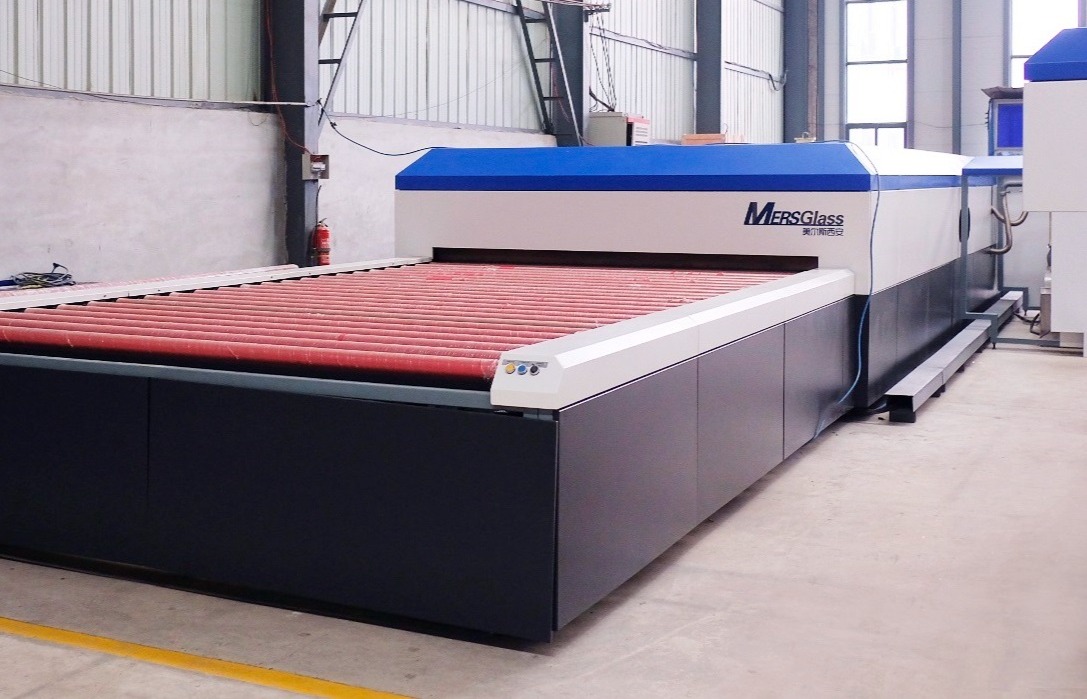
# Non Autoclave Lamination Machine for Composite Manufacturing
## Introduction to Non Autoclave Lamination
Composite materials have revolutionized modern manufacturing, offering lightweight yet incredibly strong solutions for industries ranging from aerospace to automotive. Traditionally, autoclaves have been the go-to equipment for curing composite laminates, but non autoclave lamination machines are changing the game.
## How Non Autoclave Lamination Machines Work
Unlike their autoclave counterparts, non autoclave lamination machines utilize alternative curing methods to achieve high-quality composite parts. These systems typically employ:
– Vacuum bagging technology
– Out-of-oven curing processes
– Pressure application through mechanical means
– Controlled heating systems
The elimination of autoclave requirements significantly reduces both capital investment and operational costs while maintaining excellent material properties.
## Advantages Over Traditional Autoclave Methods
Non autoclave lamination machines offer several compelling benefits:
### Cost Efficiency
The most significant advantage is the dramatic reduction in equipment costs. Autoclaves require massive pressure vessels and complex support systems, while non autoclave solutions can be implemented with much simpler infrastructure.
### Scalability
These systems allow for easier scaling of production. Manufacturers can add multiple non autoclave stations rather than investing in additional expensive autoclave capacity.
### Flexibility
Non autoclave processes accommodate a wider range of materials and part geometries, making them ideal for prototyping and low-to-medium volume production.
## Applications in Modern Manufacturing
Non autoclave lamination machines are finding applications across numerous industries:
### Aerospace Components
From interior panels to structural elements, aerospace manufacturers are adopting these systems for secondary structures and increasingly for primary components.
### Automotive Parts
The automotive industry benefits from the ability to produce lightweight composite parts without the overhead of autoclave systems.
### Wind Energy
Large wind turbine blades and components are increasingly being manufactured using non autoclave processes due to their scalability.
## Future Developments in Non Autoclave Technology
The field of non autoclave lamination continues to evolve with several promising developments:
– Improved resin systems specifically formulated for out-of-autoclave curing
– Advanced heating technologies for more uniform curing
Keyword: non autoclave lamination machine
– Integration with automation systems for higher throughput
– Development of hybrid systems combining multiple curing methods
As these technologies mature, we can expect non autoclave processes to capture an even larger share of the composite manufacturing market.
## Conclusion
The non autoclave lamination machine represents a significant step forward in composite manufacturing technology. By eliminating the need for expensive autoclave equipment while maintaining high-quality results, these systems are making advanced composite materials more accessible to a broader range of manufacturers. As the technology continues to improve, we can anticipate even wider adoption across industries seeking the benefits of composite materials without the traditional barriers to entry.
Recent Comments